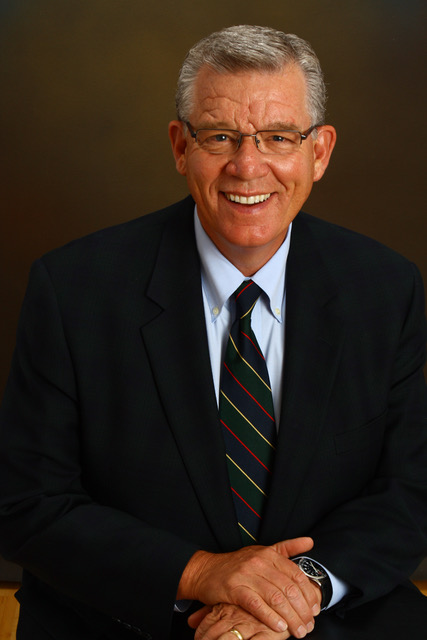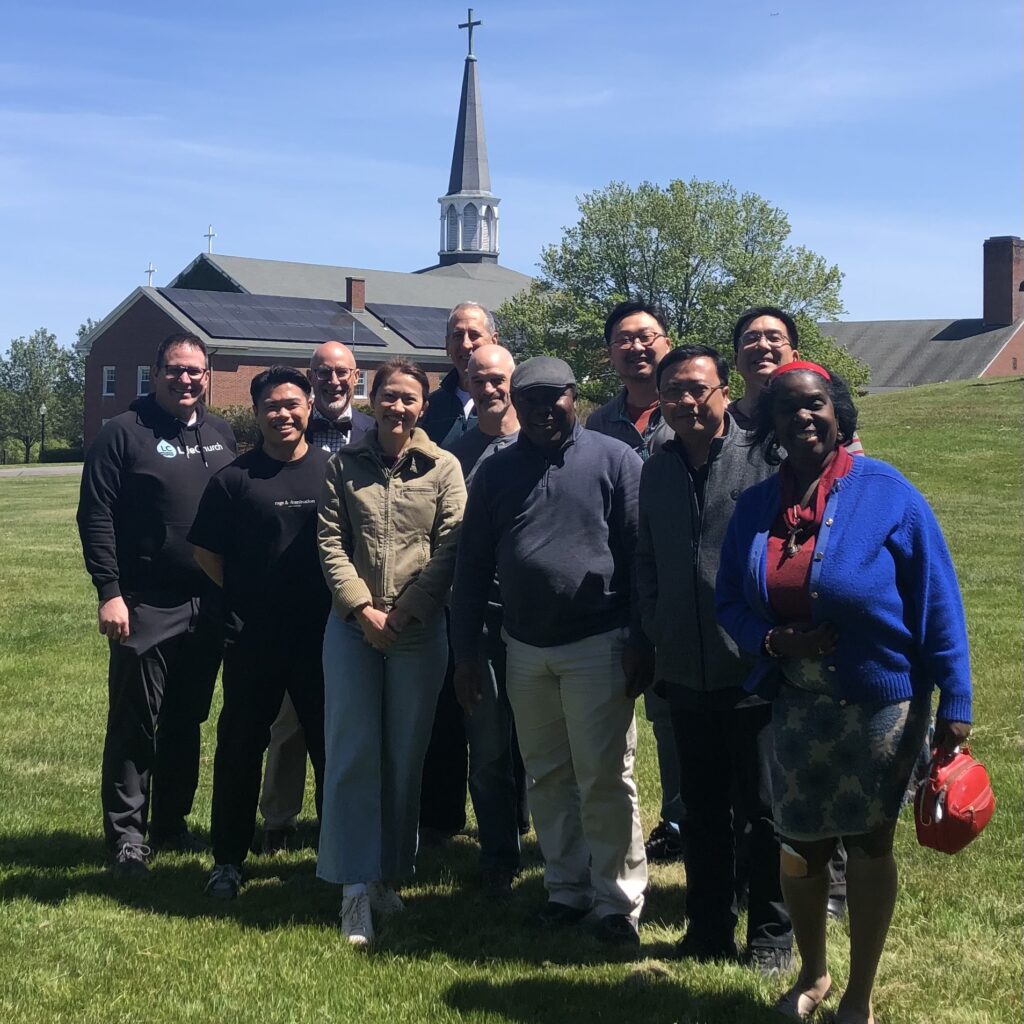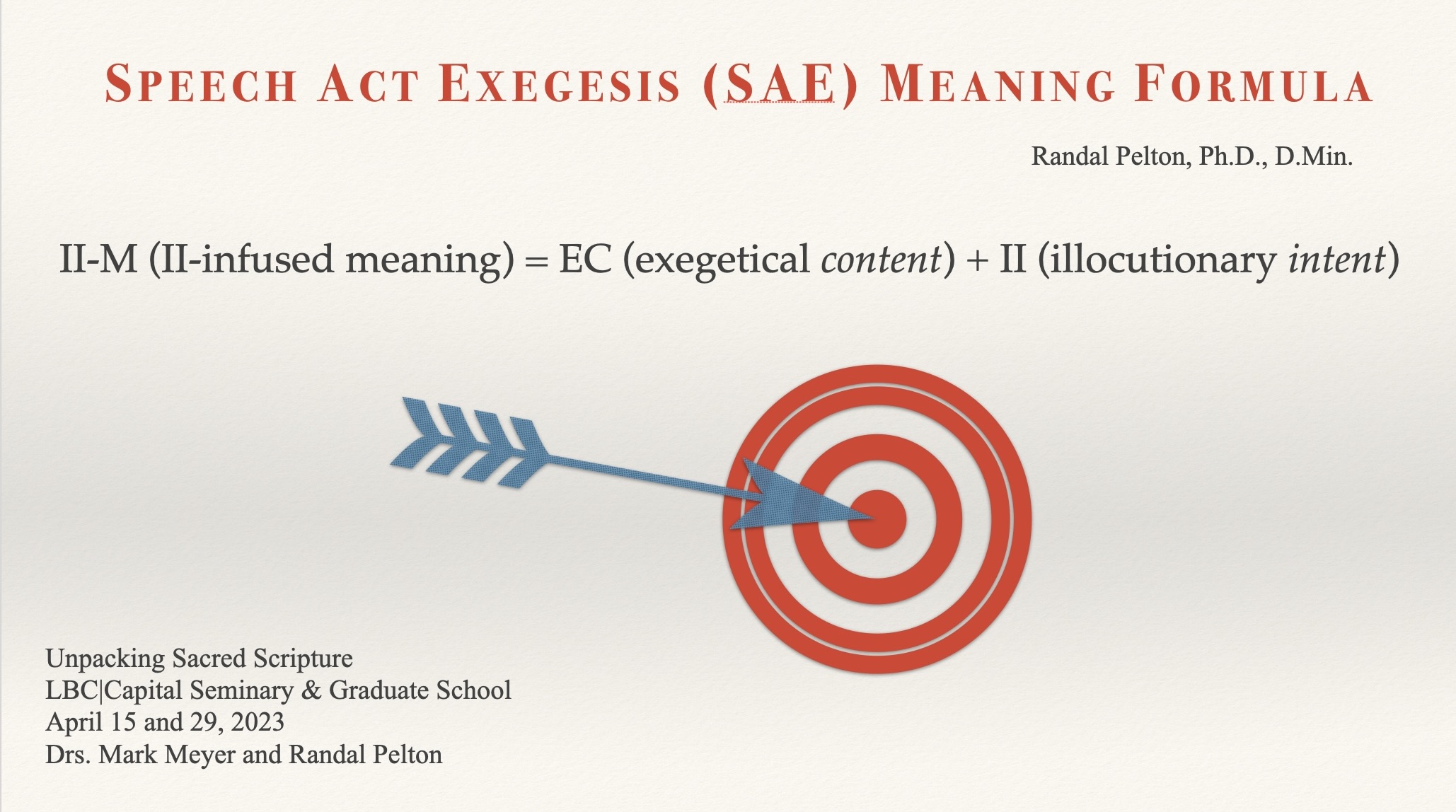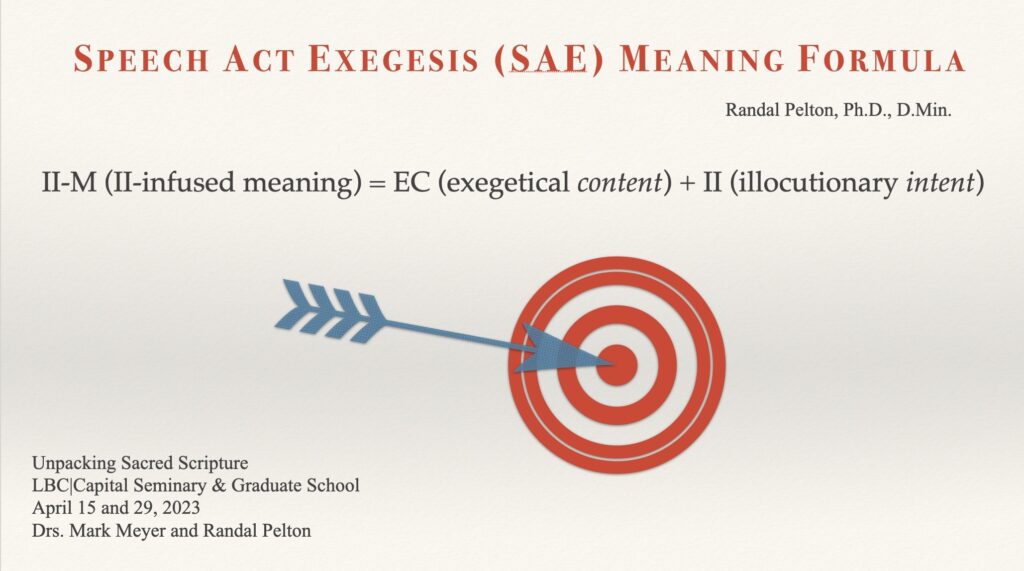Over my recent vacation I was able to order a few new books and finished George Marsden’s, An Infinite Fountain of Light: Jonathan Edwards for the Twenty-First Century. If you’ve been reading my blog for a while you know how much I love reading Edwards. Marsden’s book offers something unique: a look at the abiding influence of Edwards because of how similar today’s mindset is to Edwards’s. I didn’t expect that. I certainly didn’t expect that the similarity is due to the influence of Ben Franklin’s thinking.
I read this kind of material to continue learning about the kinds of listeners I preach to (and the kind of man I am). When we preach God’s Word, what kinds of influences affect the way we fight for faith and righteousness?
How about this list?
- ever-increasing technology
- aggressive market capitalism
- celebration of self
- trying to balance liberty and equality
- materialism
- permissive sensuality
- nationalism
Sound familiar?
If you enjoy history, you’ll appreciate Marsden’s work on Edwards and Franklin. If you enjoy thinking about preaching to your listeners, you’ll benefit from keeping these cultural characteristics in mind. They influence all of us; they’re in the air we breathe. And Marsden suggests that all of this 18th century “semi-Christian or cultural Protestant” outlook continues today.
If he’s correct, this means that many of our listeners each Sunday believe in God but are most concerned with their own personal flourishing.
And if you have teenagers in your church, here’s their “most typical religious outlook…even those who had been reared in traditionalist Christian churches… ‘moralistic therapeutic deism.’ They tended to believe that there was a benevolent , mostly distant God who wanted people to be good and who might be called on in times of sickness or crisis for help and comfort. At the same time they believed in developing one’s now self-identity.” (p. 26, Marsden quoting Christian Smith’s, Soul Searching: The Spiritual Lives of American Teenagers)
May our Lord receive glory in the church and in Christ Jesus (Ephesians 3:21) as you and I continue to exegete our listeners while expositing sacred Scripture.
Randal











